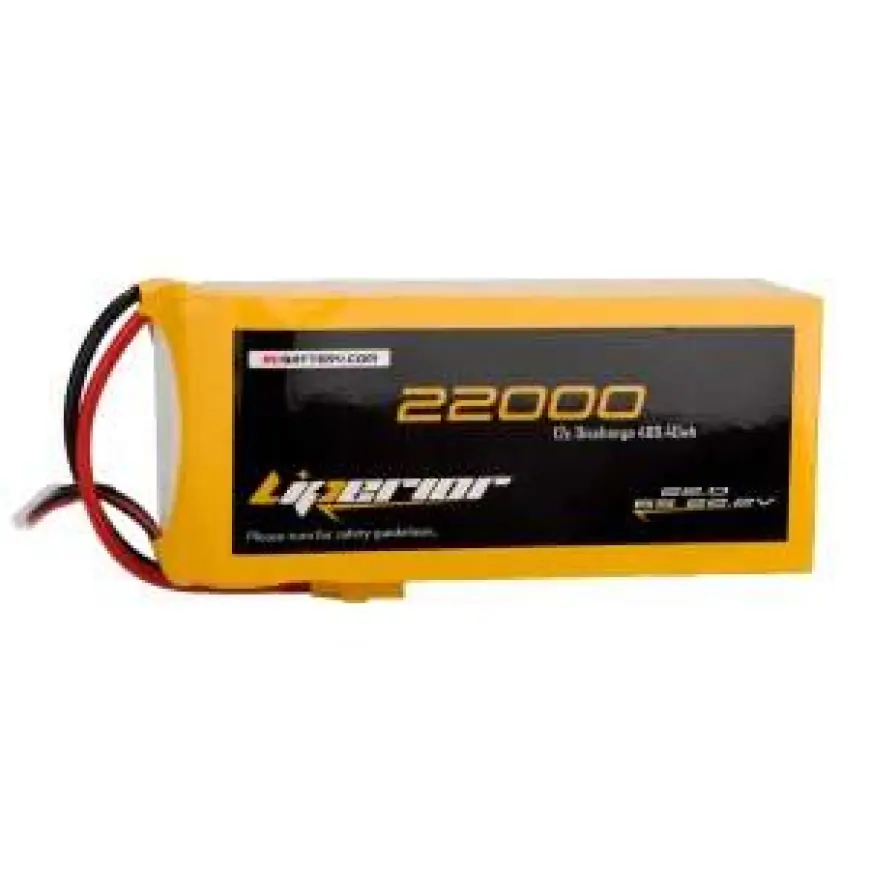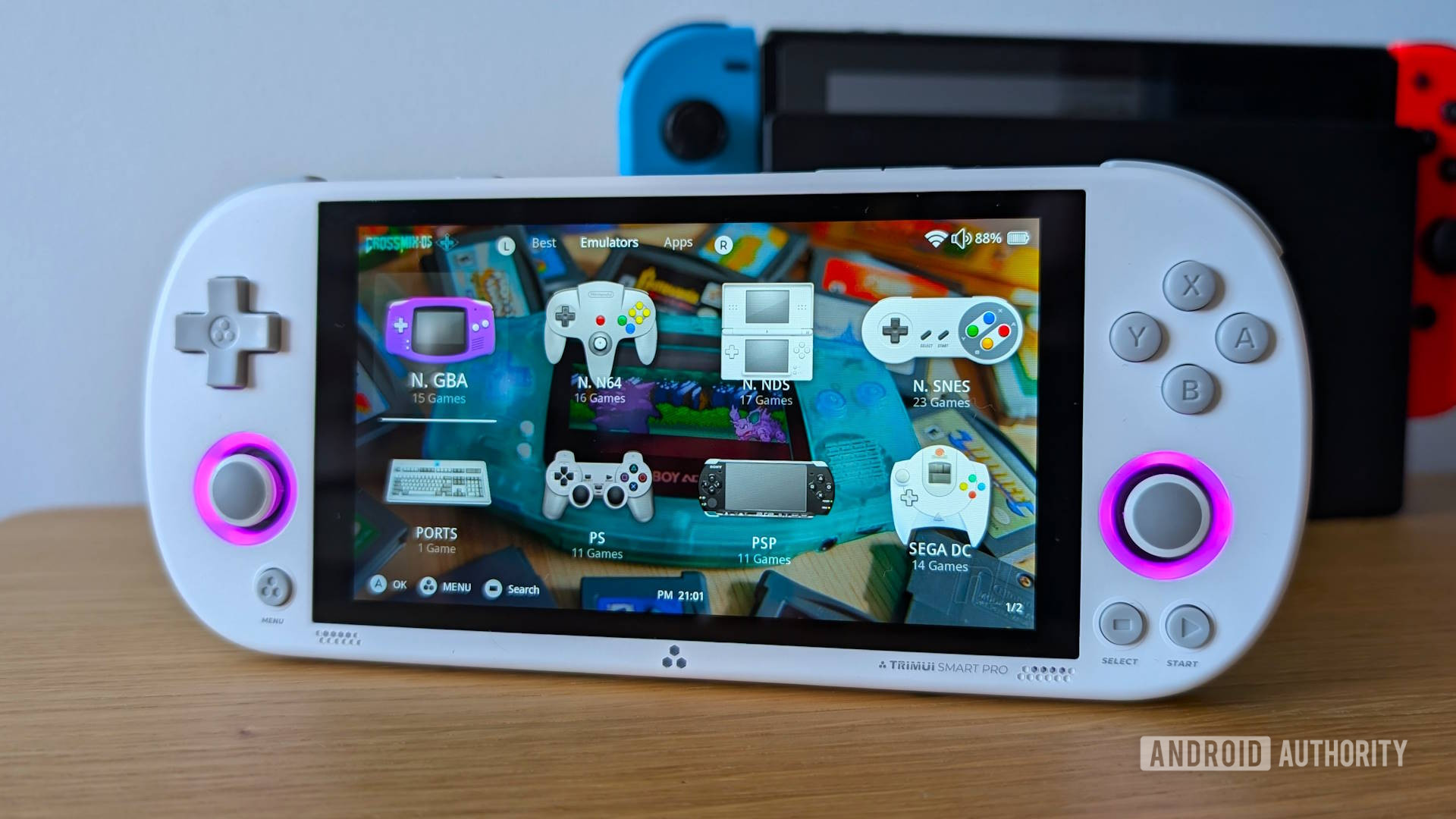Batteries for Drones: Buying Guide
Find the perfect batteries for your drone with this buying guide. Explore top options, features, and tips to enhance flight performance and extend battery life.

If you are looking to find batteries for drones, it is likely that you are still expanding your knowledge on choosing the right battery for your drone model.
After all, buying the right type of battery for a drone, even for recreational purposes, is an investment. You must evaluate factors like ideal battery type, compatibility with your drone model, battery’s capacity, and its use case to ensure higher performance.
In this blog, you will learn these criteria in detail as you evaluate each drone battery with its pros and cons to make a confident decision. So, continue reading the blog till the end before buying an ideal drone battery from the retailer.
Drone Battery Types: Pros and Cons
Lithium Polymer, Lithium-Ion, and LiFePo4 batteries are common and mostly used batteries for drones. Primarily, these are designed for aerial photography, videography, and racing events. Let’s find out their description with pros and cons of each battery type.
-
Lithium Polymer (LiPo) Batteries:
This type of battery is useful for most hobbyist and racing drones. It is lightweight, compact, and features sufficient power with higher discharge rates for specialised tasks.
As these batteries are available in different shapes and sizes, it remains a popular and compatible choice for most of the drone models.
Pros:
-
Convenient to carry.
-
Puts stable weight on the drone, ensuring consistent flight times.
-
Good energy storage keeps the drone flying for extended times in the air.
-
Provide a quick burst of power in a short time for high-power demanding tasks like aerobatics, drone racing, and payloads.
-
Supports fast charging.
Cons:
-
Expensive.
-
Sensitive to overcharging, over-discharging, and physical damage.
-
Requires Li-Po based chargers and special charging considerations.
It is good to have clear specifications of the available batteries with a reliable retailer like RC Battery.
-
Lithium-Ion (Li-Ion) Batteries:
Lithium-Ion batteries are useful for hobbyist drones, particularly because such drones are designed for longer flight times. Alternatively, they are suitable for commercial drones built to provide aerial surveillance.
It is a durable and affordable option for users who need a battery guaranteeing highest flight times. Particularly, when you are using a drone for day-to-day activities like aerial photography, casual flying, or monitoring the parcel deliveries.
Pros:
-
Lasts longer and is affordable.
-
Uninterrupted flight times.
-
Accommodates built-in safety features.
-
Durable casing.
Cons:
-
Lower power output restricts its use for drone racing, commercial, or other high performance tasks.
-
Slow charging.
-
Slightly bulkier to carry around.
It is advisable to enquire more about the benefits and disadvantages of Li-Ion batteries from retailers like the RC Battery.
-
Lithium Iron Phosphate (LifePO4) Batteries:
This is another type of Li-Ion battery suitable for drones built to sustain extreme environments. While these are slightly expensive than Li-Ion batteries, they feature high discharge rates with stable voltages, as compared to the drawback of voltage drops in traditional Li-Ion batteries.
Pros:
-
Safer than Li-Ion batteries for high altitudes or extreme environments.
-
Stable voltage throughout the times of use in high-powered applications.
Cons:
-
Not suitable for small and lightweight drones.
-
Higher costs upfront.
Battery Comparison Guide:
Here is a quick comparison guide, analysing many factors to choose the best drone battery.
-
Primary Purpose:
Li-Po batteries are suitable for racing and commercial applications, whereas Li-Ion and LiFePo4 suit casual droning, photography, and sustains in extreme temperatures.
-
Flight Times:
Li-Ion batteries ensure longer flying time as compared to Li-Po and LiFePo4 batteries. Longer flying drones remain for more time in the air.
-
Compatibility:
Li-Po is lightweight as compared to Li-Ion and LiFePo4 batteries which are slightly bulkier. It is important to ensure compatibility in terms of design, voltage, and connector type of your drone model with a reliable supplier like RC Battery.
-
Lifespan:
LiFePO4 batteries win for extended lifespan than the other two batteries that last for similar life cycles.
-
Cost:
Li-Po is expensive and good to use if you can afford replacements for the sake of performance. On the other hand, LiFePo4 are cost-effective for longer term. In terms of affordability, Li-Ion proves to be a great deal for durable use.
-
Safety:
LiFePo4 is extremely safer than the built-in safety features in Li-Ion batteries. However, safety is quite a negative point for Li-Po drone battery users.
Final Words
We hope you found this blog useful. Coming to an end, it is clear that every type of a drone battery carries their own strengths and weaknesses. Remember, to weigh your needs and purpose behind using any new batteries for drones.
If you need a light and high-performing battery, and can protect the battery from damage, Li-Po is your ultimate solution. However, drone models for longer flight times and daily use require affordable and life-longer Li-Ion batteries. Nevertheless, If you need a good combination of safety and stability for high-end droning, LiFePo4 batteries are new generation batteries.
Take the next move – look over available batteries from retailers.
What's Your Reaction?
 Like
0
Like
0
 Dislike
0
Dislike
0
 Love
0
Love
0
 Funny
0
Funny
0
 Angry
0
Angry
0
 Sad
0
Sad
0
 Wow
0
Wow
0























































